Jonathan Clibborn, an Irish man whose wife and three boys live in Clogheen, Co Tipperary, says he is “doubling down” on investing in their 4,500ha farm west of Lviv, Ukraine, to “help with [the] necessity to get Ukraine up and running and producing again”.
Clibborn, who moved to Ukraine in 2007 and bought his own farm in 2014, said he and his 30 farm staff are planning on adding pig and poultry production to their tillage farm.
He said the need to replace agricultural infrastructure destroyed by Russian forces in the east and south of the country will be “extremely important for Ukraine”.
“We’re there and despite all these challenges, we’re doubling down.
“We’re not trying to get out,” he said of his farm company, Norbilc Agri.
Propping up
Speaking to the Irish Farmers Journal, Clibborn described how there is “a focus on western Ukraine to prop up the rest of the country” when it comes to food production.
His farm produce is 60% non-GMO soya beans and the rest is made up of winter wheat, maize and minor crops like buckwheat, oats, rye and sunflowers.
All fertiliser, which Clibborn says they purchased last summer, has been spread on winter crops.
While the fertiliser trade in Ukraine is now limited due to the war, he said urea prices are similar to Ireland’s at €1,000/t. All spring wheat has been planted on the farm and corn planting will start on 10 April.
However, the Irish man described “constraints” on farmers in western Ukraine as they work to produce food.
What they’re not stealing, they’re destroying. And I don’t mean just 20 combines, they’re also burning out the little guy with the small horse tractor
“The banks aren’t financing.
“Some chemicals and seeds are stuck in central warehouses in other parts of the country. Cashflow is definitely the main issue because you have this perfect storm where last year’s harvest can’t be sold because you can’t get it to the port.”
Rest of country
Clibborn said at least 20% of the country won’t be planted.
“Where the Russians have come in or hit from a distance, they’ve destroyed a lot of infrastructure and, in many cases, they’ve stolen the agricultural equipment.”
The farmer spoke of a friend near Mariupol where the Russians “stole all the combines off the farm”.
He warned that port infrastructure has been attacked by Russian troops, blocking export routes.
“What they’re not stealing, they’re destroying. And I don’t mean just 20 combines, they’re also burning out the little guy with the small horse tractor,” he said.
Clibborn said the Ukrainian government is working to expedite grain exports by rail to Europe which are hampered by different track systems.
Jonathan Clibborn also described “horrific” attacks on farmers in Ukraine by Russian soldiers.
He said on one dairy farm, which couldn’t get milk to processors, staff were “bottling everything and giving it to the locals”.
“The Russians came in and just shot everything. They shot all the cows, all the staff, shot everyone to do with that farm. They were making ends meet and rallying together to keep milk and meat going to the local community, so they came in and terminated that by shooting everything.”
He said on other farms, farmers have no electricity to milk cows, are running out of feed and have “no diesel to put in the tractors because the Russians have stolen all of that to put in their tanks”.
In areas where farmers can’t milk their cows, he said: “They’re shooting that animal and turning it into meat to support locally. It’s a really horrible decision but they don’t have a lot of choices.”
Read more
How other EU governments are supporting farmers
War in Ukraine causes the EU rethink
Jonathan Clibborn, an Irish man whose wife and three boys live in Clogheen, Co Tipperary, says he is “doubling down” on investing in their 4,500ha farm west of Lviv, Ukraine, to “help with [the] necessity to get Ukraine up and running and producing again”.
Clibborn, who moved to Ukraine in 2007 and bought his own farm in 2014, said he and his 30 farm staff are planning on adding pig and poultry production to their tillage farm.
He said the need to replace agricultural infrastructure destroyed by Russian forces in the east and south of the country will be “extremely important for Ukraine”.
“We’re there and despite all these challenges, we’re doubling down.
“We’re not trying to get out,” he said of his farm company, Norbilc Agri.
Propping up
Speaking to the Irish Farmers Journal, Clibborn described how there is “a focus on western Ukraine to prop up the rest of the country” when it comes to food production.
His farm produce is 60% non-GMO soya beans and the rest is made up of winter wheat, maize and minor crops like buckwheat, oats, rye and sunflowers.
All fertiliser, which Clibborn says they purchased last summer, has been spread on winter crops.
While the fertiliser trade in Ukraine is now limited due to the war, he said urea prices are similar to Ireland’s at €1,000/t. All spring wheat has been planted on the farm and corn planting will start on 10 April.
However, the Irish man described “constraints” on farmers in western Ukraine as they work to produce food.
What they’re not stealing, they’re destroying. And I don’t mean just 20 combines, they’re also burning out the little guy with the small horse tractor
“The banks aren’t financing.
“Some chemicals and seeds are stuck in central warehouses in other parts of the country. Cashflow is definitely the main issue because you have this perfect storm where last year’s harvest can’t be sold because you can’t get it to the port.”
Rest of country
Clibborn said at least 20% of the country won’t be planted.
“Where the Russians have come in or hit from a distance, they’ve destroyed a lot of infrastructure and, in many cases, they’ve stolen the agricultural equipment.”
The farmer spoke of a friend near Mariupol where the Russians “stole all the combines off the farm”.
He warned that port infrastructure has been attacked by Russian troops, blocking export routes.
“What they’re not stealing, they’re destroying. And I don’t mean just 20 combines, they’re also burning out the little guy with the small horse tractor,” he said.
Clibborn said the Ukrainian government is working to expedite grain exports by rail to Europe which are hampered by different track systems.
Jonathan Clibborn also described “horrific” attacks on farmers in Ukraine by Russian soldiers.
He said on one dairy farm, which couldn’t get milk to processors, staff were “bottling everything and giving it to the locals”.
“The Russians came in and just shot everything. They shot all the cows, all the staff, shot everyone to do with that farm. They were making ends meet and rallying together to keep milk and meat going to the local community, so they came in and terminated that by shooting everything.”
He said on other farms, farmers have no electricity to milk cows, are running out of feed and have “no diesel to put in the tractors because the Russians have stolen all of that to put in their tanks”.
In areas where farmers can’t milk their cows, he said: “They’re shooting that animal and turning it into meat to support locally. It’s a really horrible decision but they don’t have a lot of choices.”
Read more
How other EU governments are supporting farmers
War in Ukraine causes the EU rethink




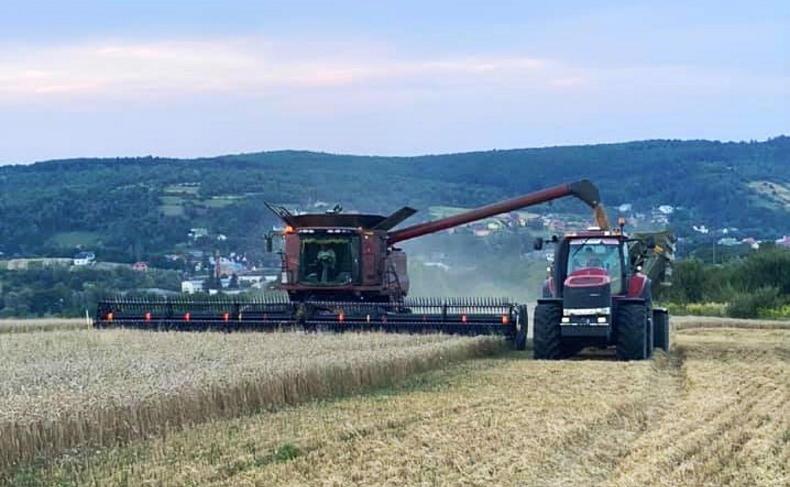
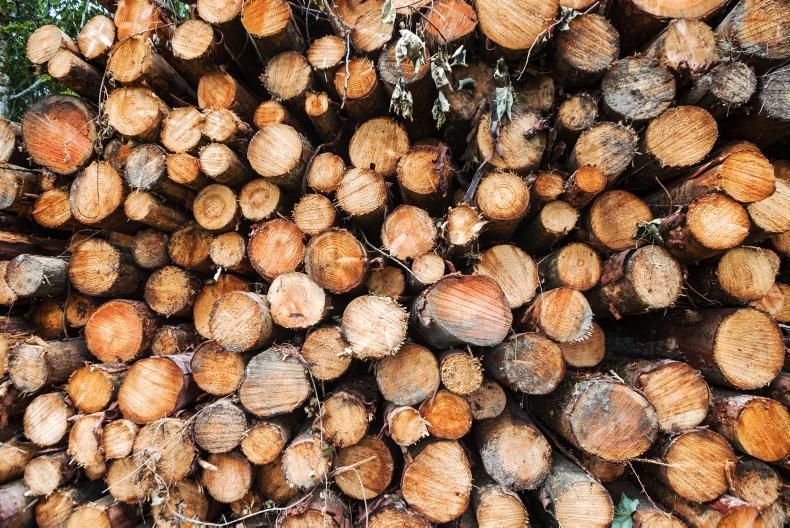

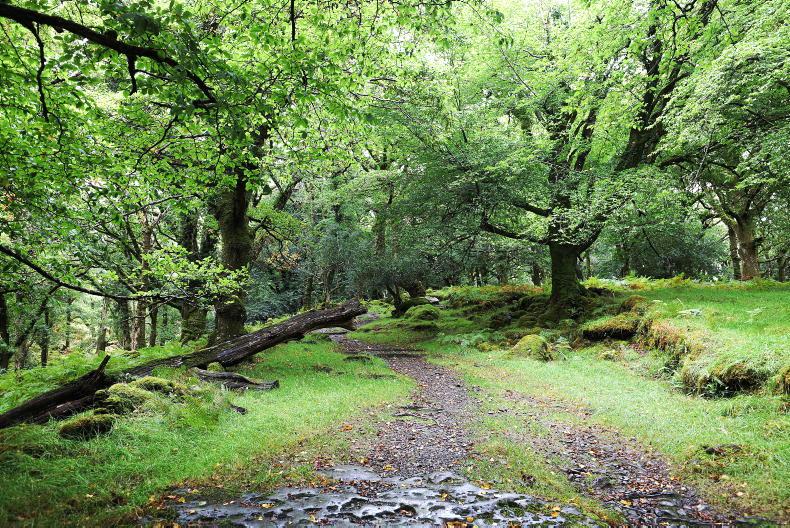
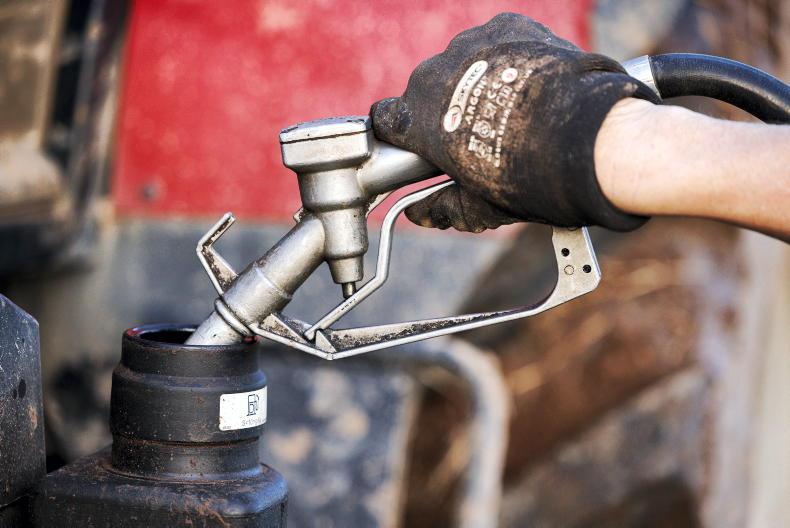
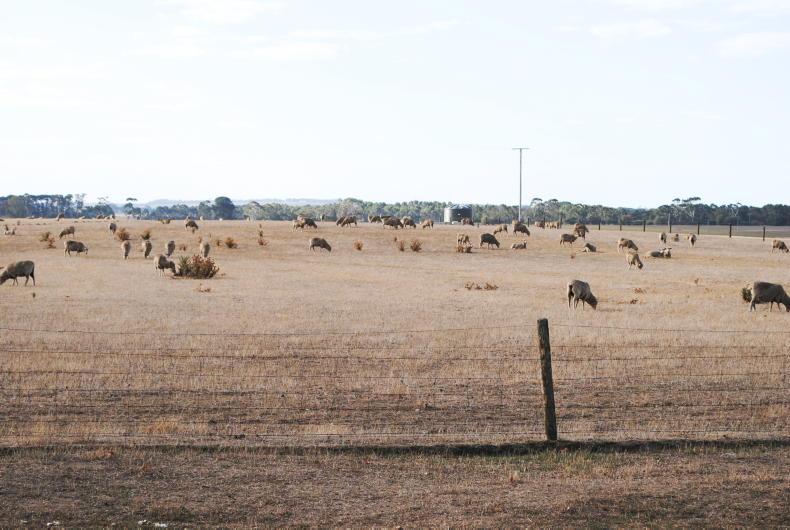
SHARING OPTIONS